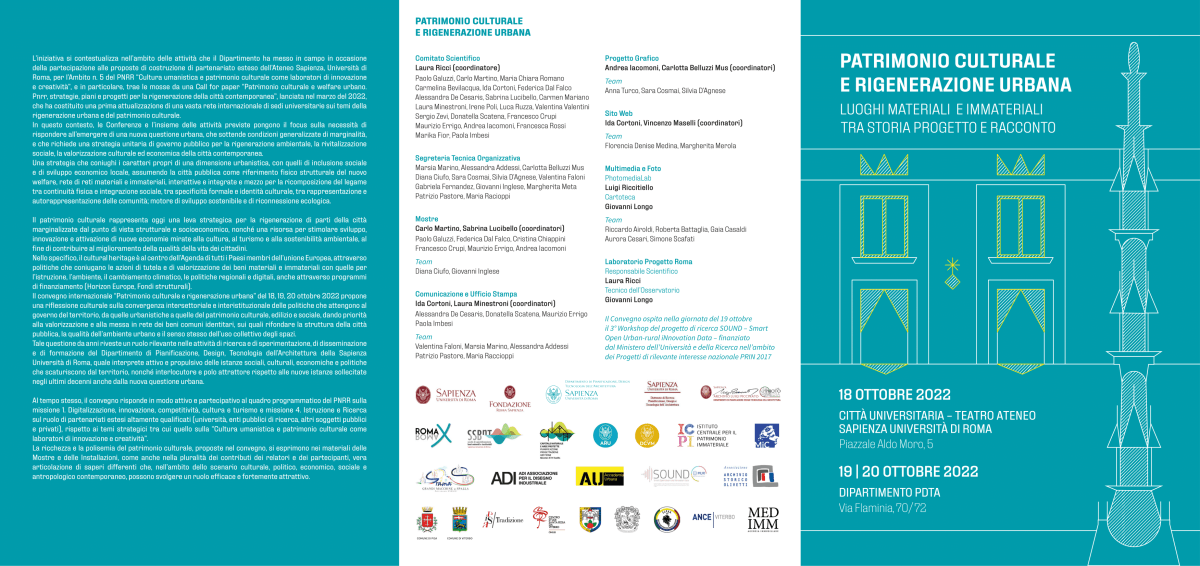
SOUND Project – 3rd workshop at the event “Patrimonio Culturale e Rigenerazione Urbana”
October 2022
The 3rd workshop of the SOUND project took place in Rome within the activities of the event “Patrimonio Culturale e Rigenerazione Urbana. Luoghi Materiali e Immateriali, tra storia, progetto e racconto”, promoted by the Department of “Pianificazione, Design, Tecnologia dell’Architettura (PDTA)” La Sapienza University on the 18-19-20 October 2022.
The event focused on the relationship between cultural heritage and urban regeneration centered on the exploitation of culture and of tangible and intangible values to drive urban regeneration in urban distressed areas.
The workshop saw the participation of academics, experts, and policymakers in the urban regeneration field that have provided interesting insights, experiences, and perspectives on the on-going mechanisms, projects, and synergies able to leverage the regeneration of urban distressed and marginalized areas for facilitating the envisaged just, green, and digital transition from a multi-disciplinary perspective in line with the SOUND project aims and research activities.
The 3rd SOUND workshop is one of the on-going research activities envisaged by the SOUND Research Projects funded by the Italian PRIN Research Program (2017).
more info about the event at:
http://www.patrimonioculturale-pdta.it
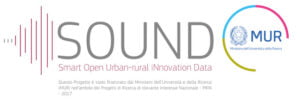
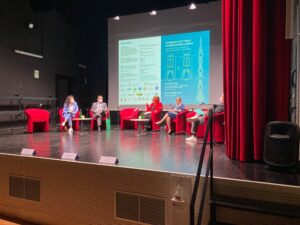
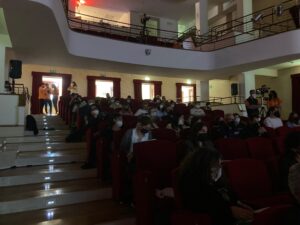
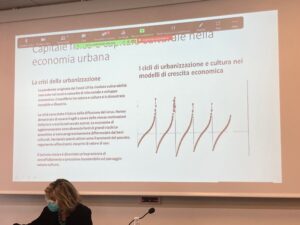
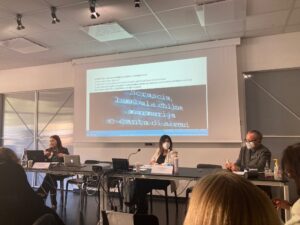
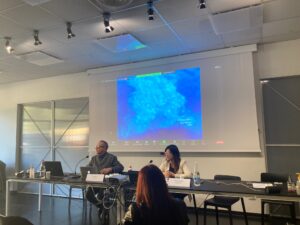
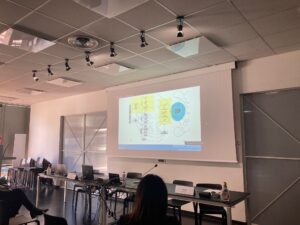
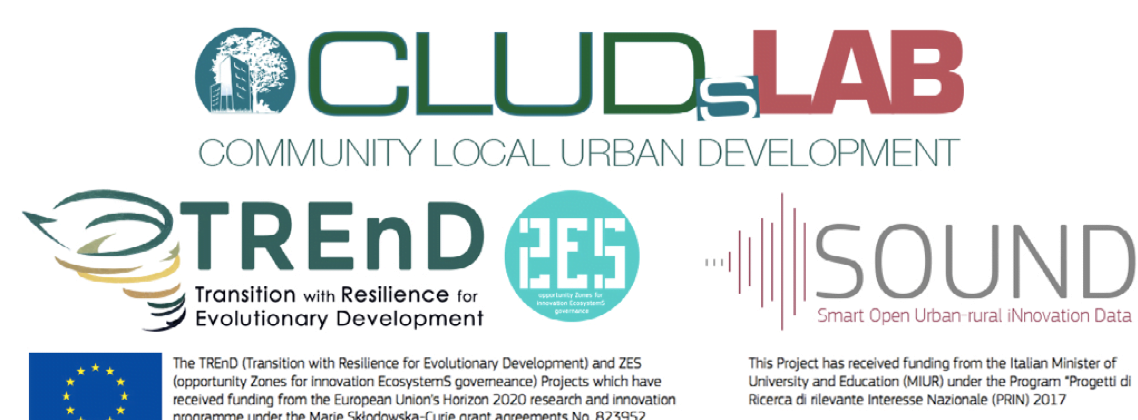
International Symposium NMP 2022 – Open Panel Discussion – MAARC Museum of Reggio Calabria 25th May 2022
Reggio Calabria, 25 May 2022
The Technological silent revolution and the global transitions: the Game Changer of metropolitan and peripheral areas perspectives
Carmelina Bevilacqua, TRenD Project Scientific Coordinator
Relatedness, Complexity, and Regional Inequality in Europe
Ron Boschma, Utrecht University
Global dynamics and territorial gaps: the contradictory role of Southern Italy
Francesca Moraci – Mediterranea University of Reggio Calabria
Territorial Cohesion in less developed regions: Questioning the effectiveness of Smart Specialisation policies
Jozsef Benedek – Babeș-Bolyai University and Miskolc University
The debate
The opening panel of the NMP Symposium 2022 introduces the debate on the role of metropolitan and peripheral areas in rebalancing the side effects of the silent technological revolution and the global transitions.
We are experiencing a period characterized by uncertainty and complexity. The recent events have shown how non-linear development trajectories will be the “new normal” in the following decades. In the globalized world, shocks and crises have severe consequences at the local level, shaping new urban/territorial development scenarios where socio-ecological and socio- technological transformations claim a collective awareness for valid actions.
For a long time, cities, metropolitan areas, and regions have attempted to address their social, economic, and environmental issues against a fast change due to the technological impulse, too speedy to be absorbed in the required time but with irreversible transformations of every aspect of modern daily life.
A silent revolution that brings out the territorial gaps in addressing social and environmental vulnerabilities. Climate changes side effects, globalization dynamics, industrial transition, innovation and digitalization, migration, social exclusion, the COVID outbreak, and the implications of the recent geopolitical events are questioning the equity distribution of well-being. Such challenges impact and affect places differently according to their contextual conditions demonstrating the urgency for addressing vulnerabilities and inequalities in the transition towards resilience and sustainability.
This 2022 edition of the NMP Symposium benefits of the synergic cross-linked research projects TREnD (Transition with Resilience for Evolutionary Development) and ZES (opportunity Zones for innovation EcosystemS governance) funded by the European Horizon2020 Program under the Marie Skłodowska Curie Actions – RISE and IF, and SOUND (Smart Open UrbaN- rural Data), funded by the Italian Ministry of Research under the PRIN Program.
Keynote speakers Bio
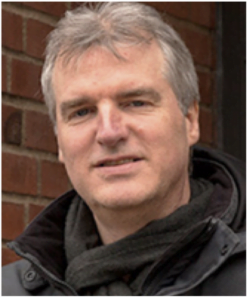
Ron Boschma is Full Professor in Regional Economics at the Department of Human Geography and Spatial Planning at Utrecht University. He also holds a Chair in Innovation Studies at the UiS Business School, Stavanger Centre for Innovation Research, at Stavanger University. In the period 2013-2015, Boschma has been director of the Centre for Innovation, Research and Competence in the Learning Economy (CIRCLE) at Lund University. He has widely published in international journals on Evolutionary Economic Geography, the spatial evolution
of industries, regional systems of innovation, the structure and evolution of networks, agglomeration externalities and regional growth. He has been one of the founders of Evolutionary Economic Geography, a new and expanding stream in Economic Geography. Boschma is member of Scientific Advisory group for European Commission DG Urban and Regional Policy, 2018-2020, member of the Board of the International Regional Studies Association since 2015, and he has been member of the Research, Innovation and Science Experts (RISE) High-Level Advisory Body to European Commissioner Carlos Moedas in the period 2015-2016. Boschma was ranked by Thomson Reuters among the top 1% of cited researchers worldwide in all scientific fields in 2014-2019.
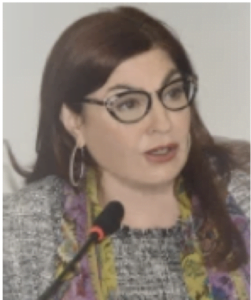
Francesca Moraci is Full Professor in Urban Planning at the University of Reggio Calabria. She was Visiting Professor at the Chongqin University (China) and at the ETSAV-UPC of Barcelona (Universitad de Catalunya). She has held institutional roles for the Ministry of Sustainable Infrastructure and Mobility (MIMS), FS Italiane Holding and ANAS. She was among the 15 MIMS experts for the National Strategic Plan for Ports and Logistics (port reform). In 2021, she has been appointed by the Ministry of Infrastructure and Sustainable Mobility Member of the Committee to reform the national legislation on land use planning, urban planning standards (public services) and public works. Since 2020, she is a member of the scientific committee of the Sustainable Infrastructure Association and a member of the permanent Observatory on Infrastructure, Transport and Logistics at EURISPES – Institute of Political, Economic and Social Studies. She promotes and coordinates the Mediterranea University reflection group on the „Crisis of the city: reasons, remedies, initiatives“, UN-MAE resolution along with the studies on ethics of the city. She is the designer of several city plans with attention to the link between urban welfare and governance. Over the years, her research projects have always taken account of the political reasons for the disparities within the city, and between regions, and studied the forces that make persistent disadvantaged conditions. She is the author of over 160 scientific publications, including monographs, journals articles and essays, as well as websites and other online publications.
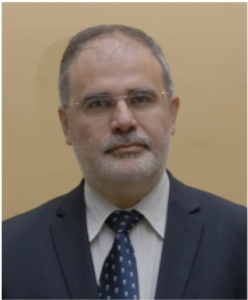
József Benedek is Professor of Human Geography at the Babeș-Bolyai University (BBU), Faculty of Geography, Cluj (Romania), and at the Faculty of Economics, Miskolc (Hungary). He is also Director of the Research Centre of Sustainable Development, Member of the Hungarian Academy of Science, Alexander von Humboldt Fellow, and New Europe College Fellow. His research interests fall into four major areas: regional economic development, sustainable development, geography of public policy. He is author of several publications on the topic of Smart Specialization Strategies in less developed regions, urban policy and regional development, EU Cohesion Policy and peripherialization.
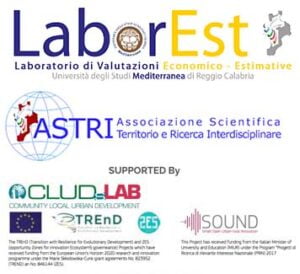
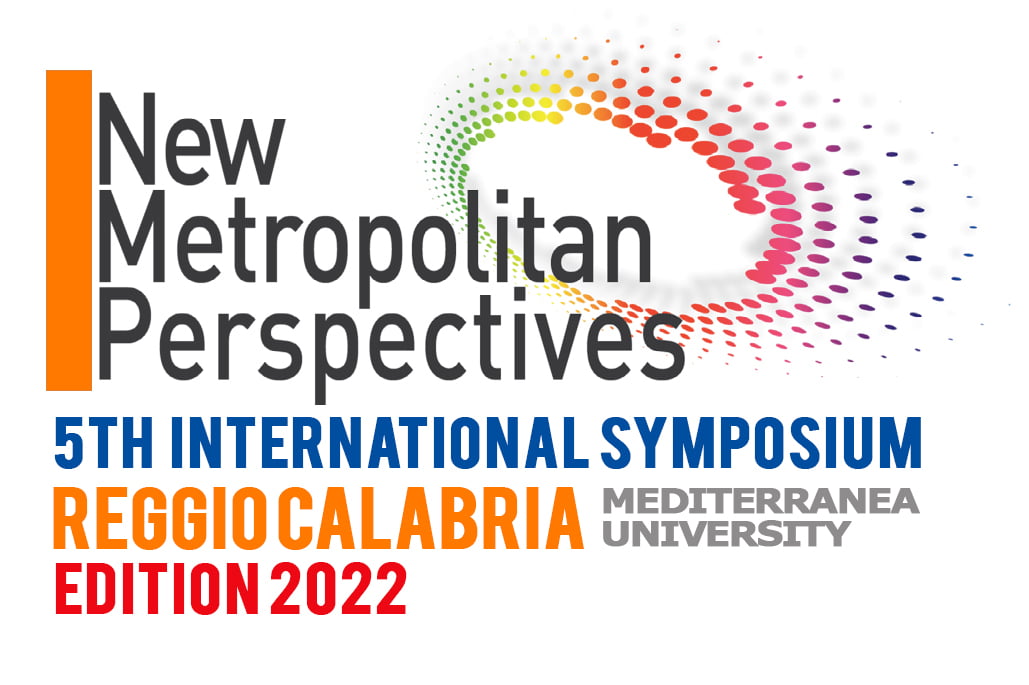
International Symposium New Metropolitan Perspective-NMP 2022
25-27 May 2022 Reggio Calabria, Italy
The New Metropolitan Perspective International Symposium 5th edition is promoted by the LaborEst, PAU Department, Università Mediterranea of Reggio Calabria, Italy, in partnership with a qualified international network of academic institutions and scientific societies.
The Symposium is supported by the CLUDs Laboratory of the PAU Department with the synergic cross-linked research projects TREnD (Transition with Resilience for Evolutionary Development) and ZES (opportunity Zones for innovation EcosystemS governance) funded by the European Horizon2020 Program under the Marie Skłodowska Curie Actions – RISE and IF, and SOUND (Smart Open UrbaN- rural Data), funded by the Italian Ministry of Research under the PRIN Program.
Accepted papers will be published in Lecture Notes in Networks and Systems – LNNS (2367-3370) by SPRINGER.
IMPORTANT DATES
October 1st, 2021 Session submission deadline
November 28th, 2021 Paper submission deadline
February 6th, 2022 Notification to authors
February 17th, 2022 Author Registration deadline
May 25th-27th, 2022 Symposium
More info about the Symposium, the call for session and the call for paper visit are available at http://www.nmp.unirc.it

SOUND Project – Participation at the XXXII AISRE Scientific Annual Conference
September 2021
The results of the on-going research activities of the SOUND project have been presented at the XXXII AISRE (Associazione Italiana Scienze Regionali) Annual Scientific web-Conference “Territorial Challenges in the post-covid era” in the session Smart Open Urban-Rural Data session (SO.46) organized by Professor Vincenzo Provenzano.
The session grouped the contributions coming from the Research Units belonging to the SOUND Project network. The topics discussed and presented to the audience relates to: bottom-up engagement of community building processes, community-based urban regeneration, living labs place-based decision support systems, the role of financial instruments for the NGO sector and its role in Italy and southern Italian regions.
The contributions aims to disseminate the results of the on-going research activities envisaged by SOUND Research Projects funded by the Italian PRIN Research Program (2017).
more info about the conference at:
https://www.aisre.it/aisre-web-conference-2021-programma-online/
https://www.aisre.it/wp-content/uploads/2021/09/2021-Abstract-book-06.pdf
